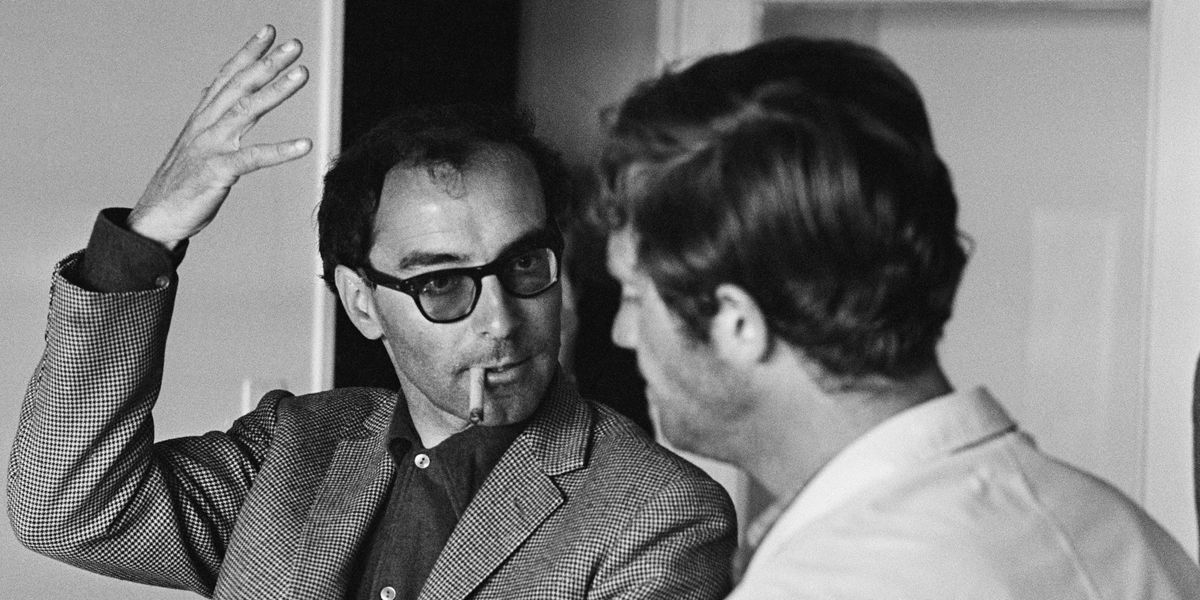
Legendary film director Jean-Luc Godard has died. He was 91.
According to the New York Times, the Franco-Swiss filmmaker's longtime legal advisor, Patrick Jeanneret, confirmed that he'd passed away on Tuesday, September 13. Jeanneret also revealed that the pioneer of French New Wave cinema, who was suffering from "multiple disabling pathologies," had chosen to die by assisted suicide at his home in Rolle, Switzerland, where the procedure is legal under certain circumstances.
“He could not live like you and me, so he decided with a great lucidity, as he had all his life, to say, ‘Now, it’s enough,’” Jeanneret told the publication, adding that Godard wanted to die with dignity. His family later went on to say that no official funeral would take place and that he would be cremated.
Thought of as one of the most influential filmmakers to have ever lived, Godard started his career in film during the 1950s as a critic for Cahiers du Cinéma, the revolutionary publication that was widely considered to be responsible for shifting the focus away from the European art film establishment and towards commercial American productions, helmed at the time by directors like Alfred Hitchcock and Howard Hawks.
His full-length cinematic debut arrived in 1960 with À bout de souffle (Breathless), widely considered to be the poster child for the French New Wave movement thanks to its bold camerawork, semi-improvised script and innovative editing style, which shirked the notion of a fixed narrative and popularized the "jump cut" — a contemporary film staple.
Godard later went on to make over 100 more films, some of which famously starred his wife and Danish model Anna Karina. Amongst his most famous works are cinema classics such as 1962's Vivre sa vie, 1965's Pierrot le fou and 1967's Week-end, many of which also contained references to existential philosophy and his Marxist political views. For his groundbreaking work in film and his tremendous impact on the medium, the iconoclastic provocateur received an honorary Oscar in 2011 for spearheading what the Academy considered "a new kind of cinema."
You can read the New York Times' entire report here.
Photo via Getty / Reporters Associes / Gamma-Rapho
From Your Site Articles
- Sam Marie-Saint on "Sodapop" Book and French New Wave Cinema ›
- Visionary Film Director Agnès Varda Dies Age 90 - PAPER ›
- Kristen Stewart Felt a Supernatural Connection With French New ... ›
Related Articles Around the Web